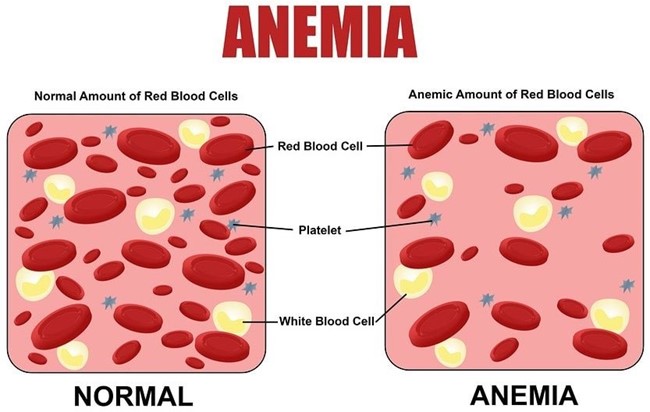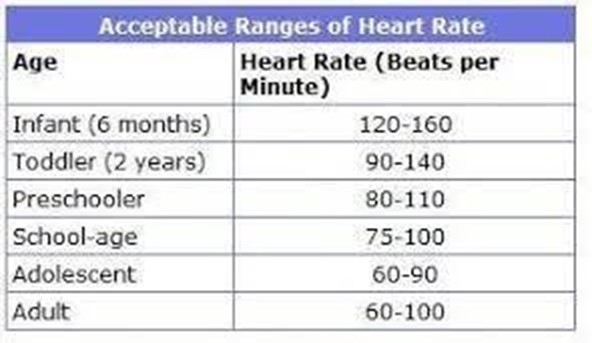During a well-baby clinic visit, a mother tells the practical nurse (PN) that her 12-month-old infant is not yet eating solid foods and drinks whole milk from a bottle. Based on these assessment findings, this infant is at the greatest risk for developing which condition?
Allergies related to whole milk.
Anemia due to lack of iron.
Obesity due to increased calorie count.
Lactose intolerance due to whole milk.
The Correct Answer is B
Based on the assessment findings, the infant is at the greatest risk for developing anemia due to a lack of iron. Infants should begin eating solid foods that are rich in iron at around 6 months of age to ensure they are getting enough of this important nutrient. Drinking whole milk from a bottle can displace other foods that are rich in iron and contribute to the development of anemia.
Option A, allergies related to whole milk, is a possibility but not the greatest risk in this situation.
Option C, obesity due to increased calorie count, is also a possibility but not the greatest risk.
Option D, lactose intolerance due to whole milk, is a possibility but not the greatest risk in this situation.

Nursing Test Bank
Naxlex Comprehensive Predictor Exams
Related Questions
Correct Answer is D
Explanation
The newborn assessment finding that the practical nurse (PN) should report to the charge nurse immediately for a 24-hour-old infant is a heart rate of 100 beats/minute. The normal heart rate for a newborn is between 120-160 beats/minute. A heart rate of 100 beats/minute is below the normal range and may indicate a problem such as hypothermia or an infection. The PN should report this finding to the charge nurse immediately so that appropriate action can be taken to address the issue. The other assessment findings listed may also be important to monitor, but a heart rate of 100 beats/minute is the most urgent and requires immediate attention.

Correct Answer is B
Explanation
If the client in active labor expresses a desire to empty her bladder and her vaginal exam is unchanged, the practical nurse (PN) should assist her up to the bathroom. An empty bladder can help facilitate labor progress.
Reviewing the fetal heart rate pattern (A) is important, but it is not the most appropriate action in response to the client's request to empty her bladder. Checking the perineum for changes in "show" or discharge (C) is also important, but it is not the most appropriate action in this situation. Obtaining a straight catheter kit to empty the client's bladder (D) may be necessary if she is unable to empty her bladder on her own, but assisting her up to the bathroom should be attempted first.
Whether you are a student looking to ace your exams or a practicing nurse seeking to enhance your expertise , our nursing education contents will empower you with the confidence and competence to make a difference in the lives of patients and become a respected leader in the healthcare field.
Visit Naxlex, invest in your future and unlock endless possibilities with our unparalleled nursing education contents today
Report Wrong Answer on the Current Question
Do you disagree with the answer? If yes, what is your expected answer? Explain.
Kindly be descriptive with the issue you are facing.
